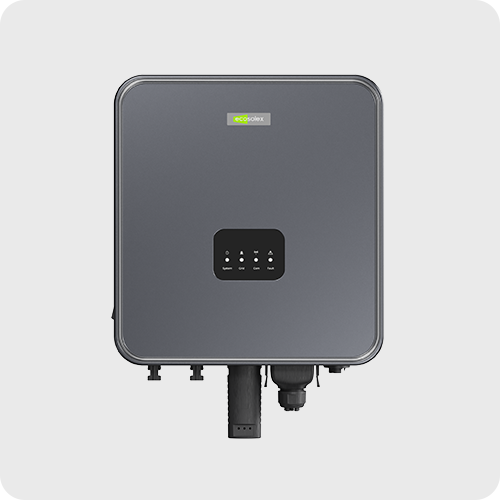Imagine a world where energy waste is a thing of the past—where your household runs smoothly and efficiently, no matter the energy demands. Current statistics reveal that over 30% of residential energy is lost due to inefficiencies. By focusing on home energy storage systems, homeowners can proactively combat this challenge. Such systems empower users by storing energy for when they need it most and eliminating reliance on traditional grid energy sources.

Flaws in Traditional Energy Solutions
Traditional energy sources often exhibit a myriad of flaws—inefficiencies, high costs, and environmental concerns are at the forefront. The same old methods of energy supply frequently lead to situations where users find themselves querying why failures always occur during peak demand hours. Look, it’s simpler than you think: without an effective energy storage strategy, the system crumbles under pressure, causing outages and spikes in energy costs.

Principles of New Energy Technologies
Enter the home energy storage systems—an answer to the failings of conventional power solutions. These innovative systems are fundamentally designed to store energy during low-demand periods and release it when demand surges, promoting grid stability. With principles derived from advanced battery technologies and smart energy management, these systems utilize bioactive chemistry to ensure optimal performance and biocompatibility.
Quantified Benefits for Users
The advantages of adopting a residential energy storage system are compelling. Studies show users can achieve up to a 30% reduction in energy bills while simultaneously contributing to a decreased carbon footprint. When combined with renewable energy sources, such as solar panels, these systems can lead to considerable long-term savings—making energy independence not just a dream, but a reality.
Actionable Metrics for System Evaluation
Choosing the right energy storage system can be daunting. Always verify these three metrics when making your decision: ① storage capacity, ② discharge rates, and ③ compatibility with renewable sources. These evaluations can tremendously influence your experience and satisfaction with the technology.
Understanding the Residential Energy Storage System
A residential energy storage system is not merely about saving energy; it’s about controlling how and when that energy is used. When you integrate a residential energy storage system into your household, you’re taking a significant step towards energy independence. With advancements like lithium-ion batteries and smart grid technology, users can store energy generated from solar panels and use it during night hours, which enhances efficiency and reduces dependency on the national grid. This flexibility can’t be overstated; it’s a simple way to harness nature’s power for everyday living.
The Household Energy Storage System Explained
Similarly, a household energy storage system offers myriad benefits that extend far beyond mere convenience. When utilizing a household energy storage system, users are equipped to manage energy more effectively, leading to cost savings and enhanced sustainability. Tailored to store excess energy produced during the day, these systems allow homeowners to draw from their reserves during high-demand nights or unexpected outages. This capability not only mitigates rising energy costs but also fosters an environmentally friendly approach to daily energy usage, significantly influencing the overall green footprint of a household.
Conclusion: Ecosolex – Your Partner in Energy Innovation
In summary, the evolution of energy solutions highlights the value of robust internal storage systems, offering a pathway to energy independence as well as sustainability. By adopting a forward-thinking strategy, such as those represented by Ecosolex, users can enjoy superior product reliability and supply advantages, ultimately paving the way for a future wherein energy inefficiency is left behind.